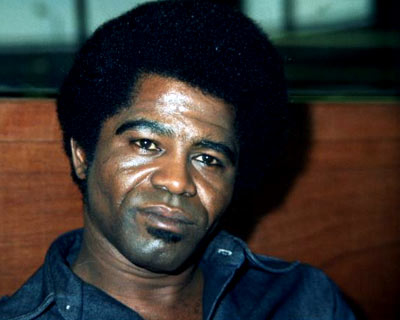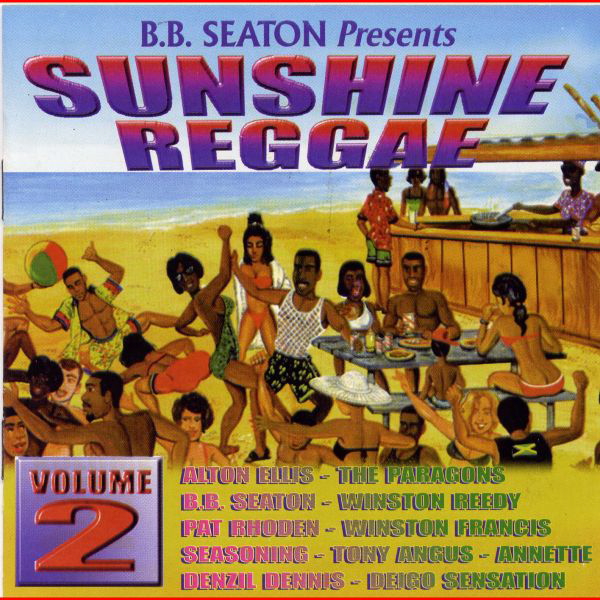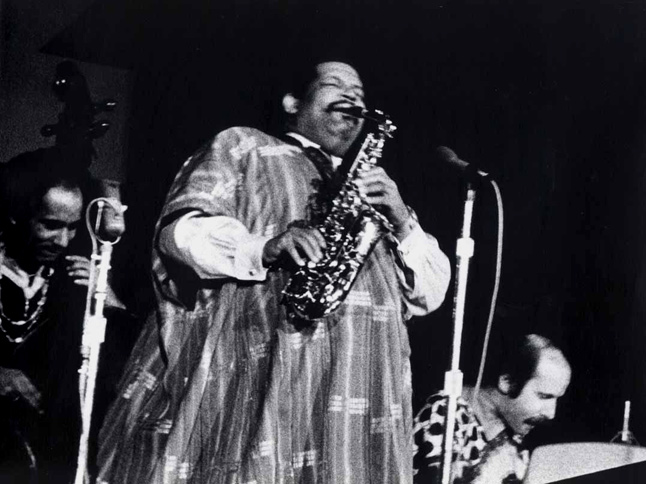MAVIS STAPLES / “Why Am I Treated So Bad”
Roebuck “Pops” Staples is the founder and father of the Staples Singers, a popular, gospel-based singing group of the sixties and seventies. Thing is, Pops is from Mississippi and the blues roots of his gospel is strongly evident, especially in the wide vibrato on his guitar and his repetitive albeit far, far from boring use of basic harmony.
The players from his generation were adept at locking into a groove and piling freshly-worded storytelling over the surging rhythms. Made you pay attention while they were doing whatever, could be reciting a nursery rhyme, could be reading the weather report, which indeed was another secret ingredient in their art. They gave double meaning to seemingly innocuous observations. A weather report wasn’t simply an atmospheric forecast but more saliently was also an insightful political assessment. 
Pops wrote “Why Am I Treated So Bad,” a protest song camouflaged as a plea to his Lord. Think of it as the reticent elder sibling to its more militant sister-song by Nina Simone, “Mississippi Goddamn.” Indeed, in a capsule the two songs represent the contrasts between the fifties/early sixties Civil Rights Movement and the mid-sixties/seventies Black Power Movement. This version of the Pops Staples classic is taken from Pops' album Father Father.
Next up is brother James Brown putting his unmistakable rhythm stamp on the song in this instrumental treatment. Although it is obvious, I ask you to take particular note of the driving drums—we used to call that “fatback” drumming. Availalbe on James' funky album called The Popcorn.
A Jamaican group called Seasoning from a compilation album called B. B. Seaton Presents Sunshine Reggae, Volume 2 offers up a skanking version expertly representative of both the syncopated reggae rhythm and the fabulous, harmony-singing popular in reggae music. Notice also that the song has now been turned into a relationship complaint about an abusive lover.
Continuing a tradition perfected by Duke Ellington, Cannonball Adderley gives us an eloquent introduction to his modern take on the basic song. Even though the harmonies and melodic line have been “jazzed” up, there’s still that rocking rhythm. Here the storytelling is done by Austrian pianist Joe Zawinul who became a stalwart member of the “Soul jazz” movement. This version was a big hit for Cannonball and was also the title of Why Am I Treated So Bad, an album on Capitol Records.
We close with a cut from Live: Hope At The Hideout, the latest recording by Mavis Staples, daughter of Pops Staples and former lead singer in the family group. It’s obvious that Mavis inherited Pops’ storytelling talents. Mavis takes all the basic elements of the Staples’ sound and adds a deep, deep blues element characteristic of Southside Chicago. Along the way she explains the inherent meaning of the “moan” that is central to this sound.
Once again we hear earthy harmonies, rocking rhythms, engaging storytelling and blues roots mixed into an intoxicating brew that’s good for whatever ails you.
—Kalamu ya Salaam
This entry was posted on Monday, January 26th, 2009 at 1:01 am and is filed under Cover. You can follow any responses to this entry through the RSS 2.0 feed. You can leave a response, or trackback from your own site.
Leave a Reply
| top |